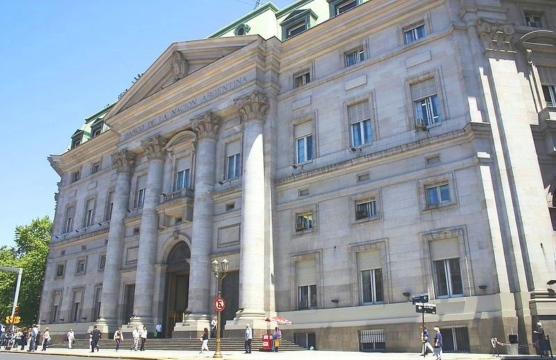
Will Default Dampen China-Argentina Ties?
The Fernández administration’s refusal to comply with a US court order to pay holdout hedge funds has once again landed Argentina in default.
Since taking over as Argentina’s president a year ago, Mauricio Macri has implemented free-market measures in an effort to spur the economy and attract foreign investment. However, the country’s economy contracted for the fourth consecutive time in last year’s third quarter, and Macri in December dismissed his finance minister, Alfonso Prat-Gay, and split his ministry of treasury and finance into two cabinet departments. What kinds of economic policies can be expected of new Treasury Minister Nicolás Dujovne and new Finance Minister Luis Caputo? What policies should the Macri administration push in order to restore the country to growth? To what extent will midterm legislative elections in October complicate efforts to reduce the country’s fiscal deficit and pass other needed reforms?
See our Q&A with five diverse viewpoints on this topic.
Every business day, the Latin America Advisor features commentary and analysis from global leaders in policy, economics and finance. Our subscribers include Apple, BMW, Mitsubishi, S&P, and Walmart, to name a few, as well as leading universities such as Berkeley, Harvard, Dartmouth and Notre Dame, and government agencies on four continents. It is available to members of the Dialogue’s Corporate Program and others by subscription.
The Fernández administration’s refusal to comply with a US court order to pay holdout hedge funds has once again landed Argentina in default.
Column on the results of the 2007 PISA exam.
Article discusses Argentina’s ban on publishing the results of student achievement tests and its implications for education quality.
